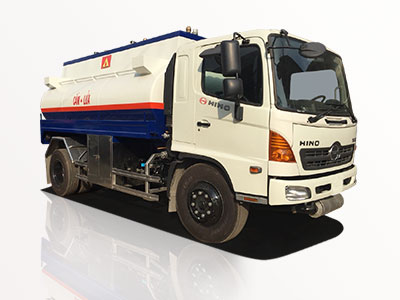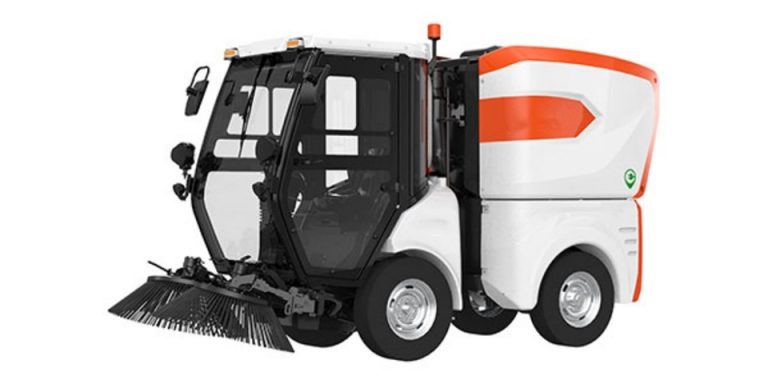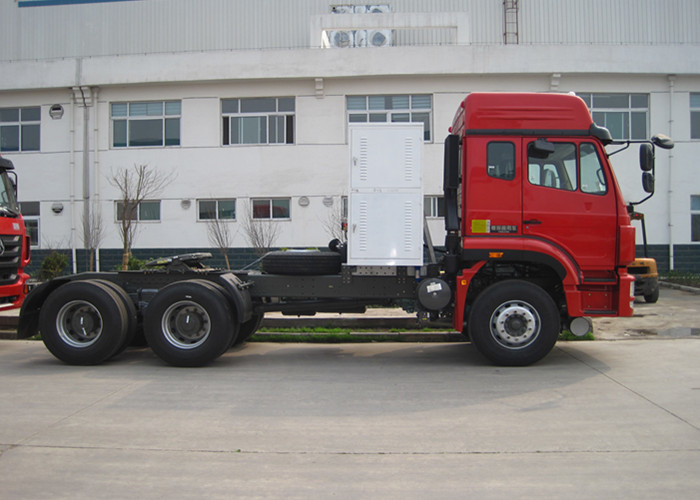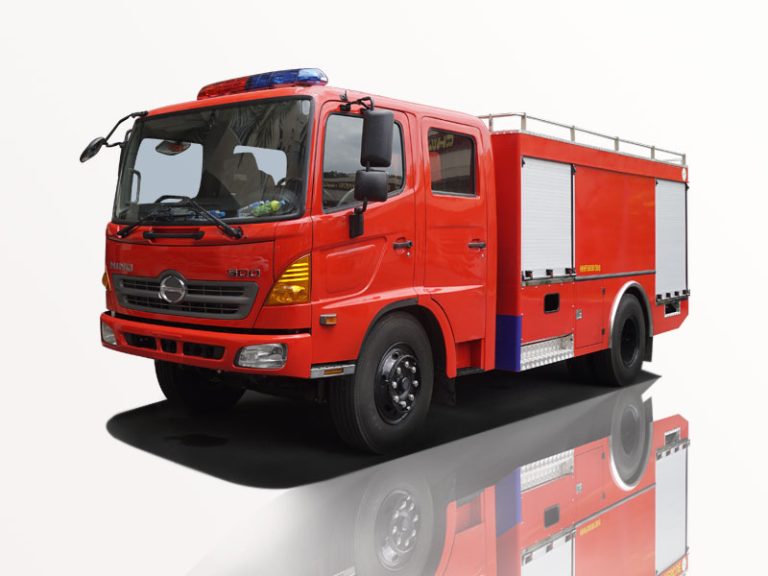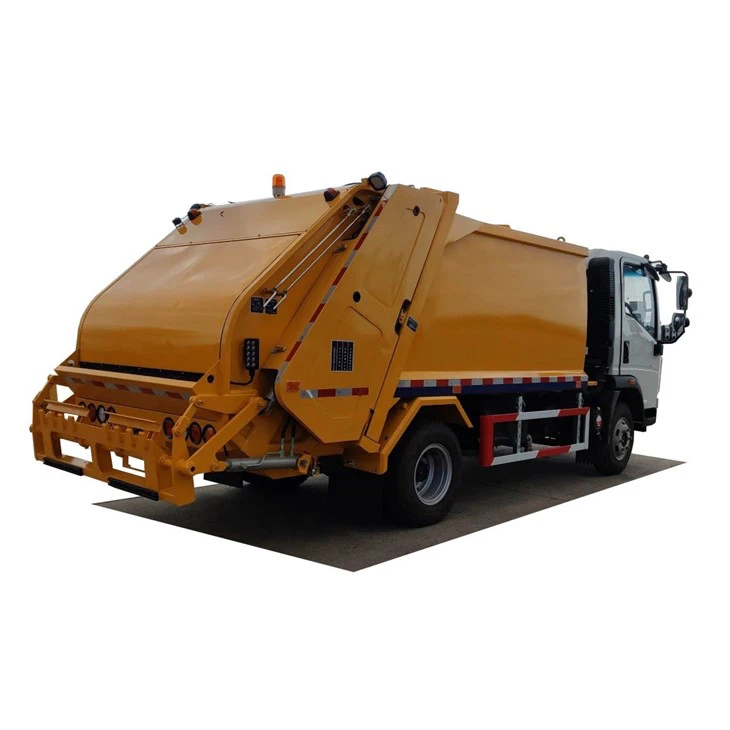When it comes to transporting perishable goods, ensuring the right temperature during transit is crucial. Box truck refrigerators provide a reliable solution for businesses needing to keep their products fresh and safe. This comprehensive article delves into everything you need to know about box truck refrigerators, including their features, benefits, types, and maintenance, along with practical tips and examples.
What is a Box Truck Refrigerator?
A box truck refrigerator, often referred to as a reefer truck, is a vehicle designed specifically for transporting temperature-sensitive goods. These trucks have an insulated cargo area and a refrigeration unit that can maintain a specific temperature, making them ideal for delivering food, pharmaceuticals, and other perishable items.
Benefits of Using Box Truck Refrigerators
1. Enhanced Food Safety
By keeping products at the proper temperature, box truck refrigerators significantly reduce the risk of spoilage and contamination, ensuring compliance with health regulations.
2. Versatility in Transportation
Box truck refrigerators are versatile vehicles capable of transporting a wide range of goods, from fresh produce to frozen items, making them essential for various industries.
3. Cost-Effective Solutions
Using a box truck for refrigerated transport can be more economical than relying on multiple temperature-controlled vehicles or storage solutions.
4. Increased Shelf Life of Products
Maintaining the ideal temperature ensures that perishable items last longer, enhancing the quality and freshness when they reach consumers.
Types of Box Truck Refrigerators
1. Straight Refrigerated Trucks
These vehicles have a fixed cargo area designed specifically for temperature-sensitive goods, making them great for local deliveries.
2. Refrigerated Vans
Similar to box trucks but smaller in size, refrigerated vans are perfect for delivering smaller loads of fresh goods in urban areas.
3. Multi-Temperature Box Trucks
These trucks feature compartments that can operate at different temperatures, enabling the transportation of various products simultaneously, such as frozen and chilled items.
4. Insulated Box Trucks
While not equipped with a refrigeration unit, insulated box trucks help maintain temperature for items that require less stringent temperature control during transportation.
How to Choose the Right Box Truck Refrigerator
1. Assess Your Transport Needs
Determine the types of goods you’ll be transporting and their specific temperature requirements to choose the appropriate truck size and cooling capacity.
2. Consider the Climate
Your geographical location can influence the type of refrigeration system needed, especially in areas with extreme temperatures.
3. Evaluate Fuel Efficiency
Fuel-efficient models reduce operational costs over time, making them a wiser choice for businesses with regular transportation needs.
4. Analyze the Size and Capacity
Make sure to select a box truck with enough cargo space to accommodate your goods while allowing for proper air circulation.
Installation and Maintenance of Box Truck Refrigerators
1. Proper Loading Techniques
Implementing proper loading techniques ensures efficient airflow, which is vital for maintaining the right temperature. Follow these guidelines:
- Do not overload the truck.
- Place heavier items on the bottom for stability.
- Leave space between items to allow cold air to circulate.
2. Regular Maintenance Checks
Routine maintenance is essential for the reliability of your refrigeration unit. Schedule the following checks:
- Inspect the refrigeration system for leaks.
- Check the temperature gauges regularly.
- Clean the condenser and evaporator coils.
3. Keep Records
Document temperature readings and maintenance schedules to ensure compliance with health regulations and to track the performance of your truck.
Common Uses of Box Truck Refrigerators
1. Food Distribution
Restaurants, grocery stores, and food wholesalers rely on box truck refrigerators to distribute fresh and frozen items efficiently.
2. Pharmaceutical Transport
Many pharmaceutical products require strict temperature control during transport, making box truck refrigerators essential for healthcare logistics.
3. Floral Delivery
Florists utilize box truck refrigerators to deliver perishable flowers, maintaining their freshness and quality during transport.
Cost Factors to Consider
1. Purchase vs. Lease
Decide whether to buy or lease your box truck refrigerator based on your budget and transportation frequency.
2. Ongoing Operational Costs
| Cost Type | Estimated Monthly Cost |
|---|---|
| Fuel | $300 – $800 |
| Maintenance | $150 – $400 |
| Insurance | $200 – $500 |
3. Refrigeration Unit Expenses
Evaluate the costs associated with the refrigeration unit’s energy consumption, which can vary based on the model and usage.
Practical Tips for Operating Box Truck Refrigerators
1. Monitor Temperature Consistently
Use digital temperature monitoring devices to ensure you are always aware of the internal conditions of your truck.
2. Train Your Staff
Ensure that all personnel handling the box truck are trained in best practices for loading, unloading, and monitoring temperature-sensitive goods.
3. Plan Delivery Routes Wisely
Choose delivery routes that minimize delays and avoid traffic to maintain the integrity of your temperature-sensitive goods.
Frequently Asked Questions (FAQ)
1. How often should I perform maintenance on my box truck refrigerator?
Regular maintenance should be performed at least every six months, while routine checks should be conducted before each trip.
2. What temperature should I set for transporting refrigerated items?
The ideal temperature for refrigerated items is typically between 32°F to 41°F, while frozen items should be below 0°F.
3. Can I transport non-refrigerated items in a box truck refrigerator?
Yes, you can transport non-refrigerated items, but it’s essential to ensure they do not compromise the cold chain for your temperature-sensitive goods.
4. What powers the refrigeration unit in a box truck?
Most refrigeration units are powered by the truck’s engine or an auxiliary power unit, depending on the model and specifications.
5. Are box truck refrigerators energy-efficient?
Many modern box truck refrigerators are designed with energy efficiency in mind, featuring advanced insulation and optimized refrigeration units to minimize energy consumption.
6. Can I customize my box truck refrigerator for different temperature zones?
Yes, many box truck refrigerators can be customized with multi-temperature zones to accommodate various types of goods that require different conditions.


